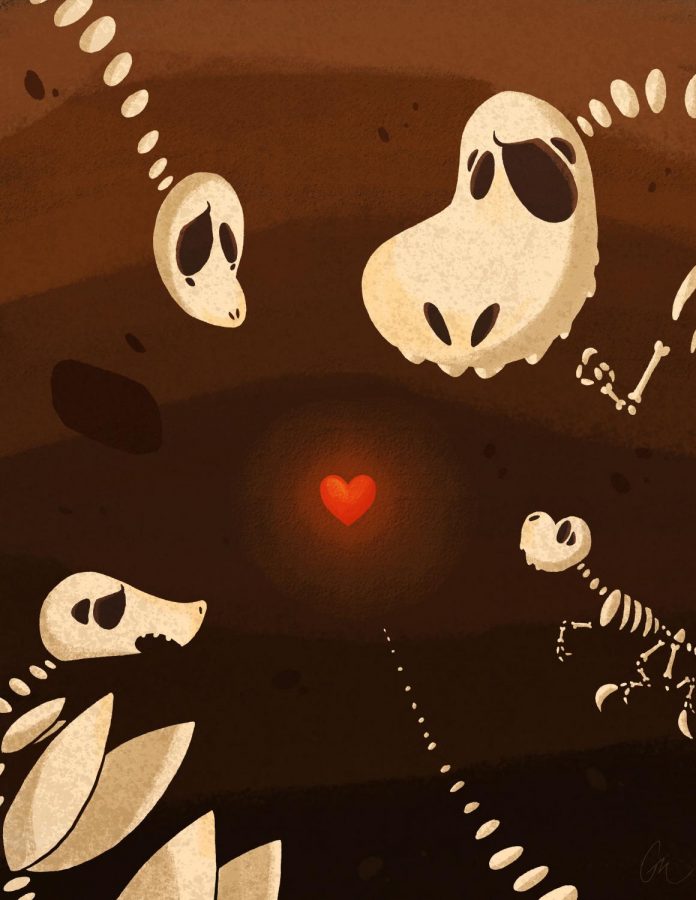Schachter: Is kindness extinct?
March 5, 2021
When is the last time you did something nice for someone—something that you got nothing out of? Can you think of any instances?
Maybe you can and maybe you can’t. But one thing’s for sure, kindness has changed over the last few decades.
I’m from Brooklyn, New York, where we were taught from the womb to be cautious of the world. Like all children of big cities, we grew up conditioned to view strangers as enemies. “Trust no one” is the city motto. “It’s a dangerous world,” they say. Do what you must to survive. We don’t give charity to strangers because “they can’t be trusted.” We don’t help old women across the street because we’re “too busy with our productive lives.” We don’t stop to talk to people who need help because we’re afraid that they will mug us.
What happened to kindness?
Kindness has become an Instagram story, a viral tweet. It’s a heart-warmer that can get you more followers or show the world how nice you are. It’s rarely about the recipient of the kindness, but about the greatness of the doer. We can mourn the days when being nice wasn’t about getting followers or likes, but about friendship and loving others. This isn’t to say that all publicly published kindness is self-centered. It just often changes the kindness from being for its own sake to being for the sake of others’ approval.
I was studying late on campus a few weeks ago, and a student I had never met before came over to me. He handed me a bag of M&Ms and an energy drink, wishing me luck in my studies. I was bewildered. I stared at him for a good minute, trying to figure out who he was. “What does he want out of me?” I thought.
Turns out, he didn’t want anything. He didn’t want to even tell me his name. He just wanted to help. I was shocked.
The truth is, maybe he did have some other goal in mind. It could be. But that doesn’t matter to me. The reason this incident is so sad is because it highlights my lack of belief in the possibility of kindness. What I lamented afterwards was the extinction of my own belief in selfless kindness. It’s not about belief in the truth of kindness, but the possibility of it. We don’t have to know for certain if an act of kindness is selfless. What we do have to know is that it can be.
The global pandemic has made us all lonelier than ever before. Mental health difficulties have compounded and isolation has made us detached from others. In a study performed earlier this year, researchers found that prosocial behavior led to an overall decrease in loneliness. Volunteering is one such prosocial act that can improve your health and decrease loneliness.
If you add selfless kindness to your life, you will not just improve the condition of the world we share, but you will be improving your own life and emotions. Giving makes us happier people.
Once a week, make an effort to do something kind for someone else. If possible, try not to tell anyone about it. Don’t post a picture or spread the word of your selfless act. Keep the memory of your goodness private and sacred. And every so often, do a kindness that doesn’t make you happy. Do it for the sake of kindness.



